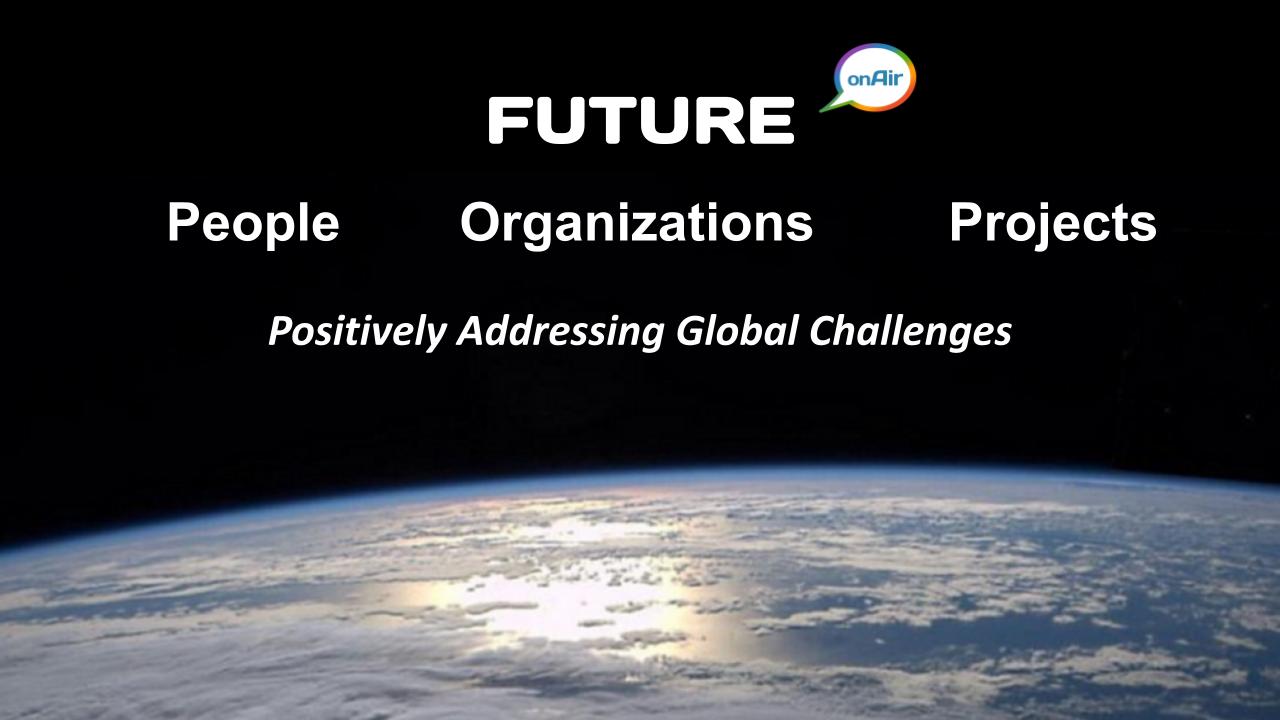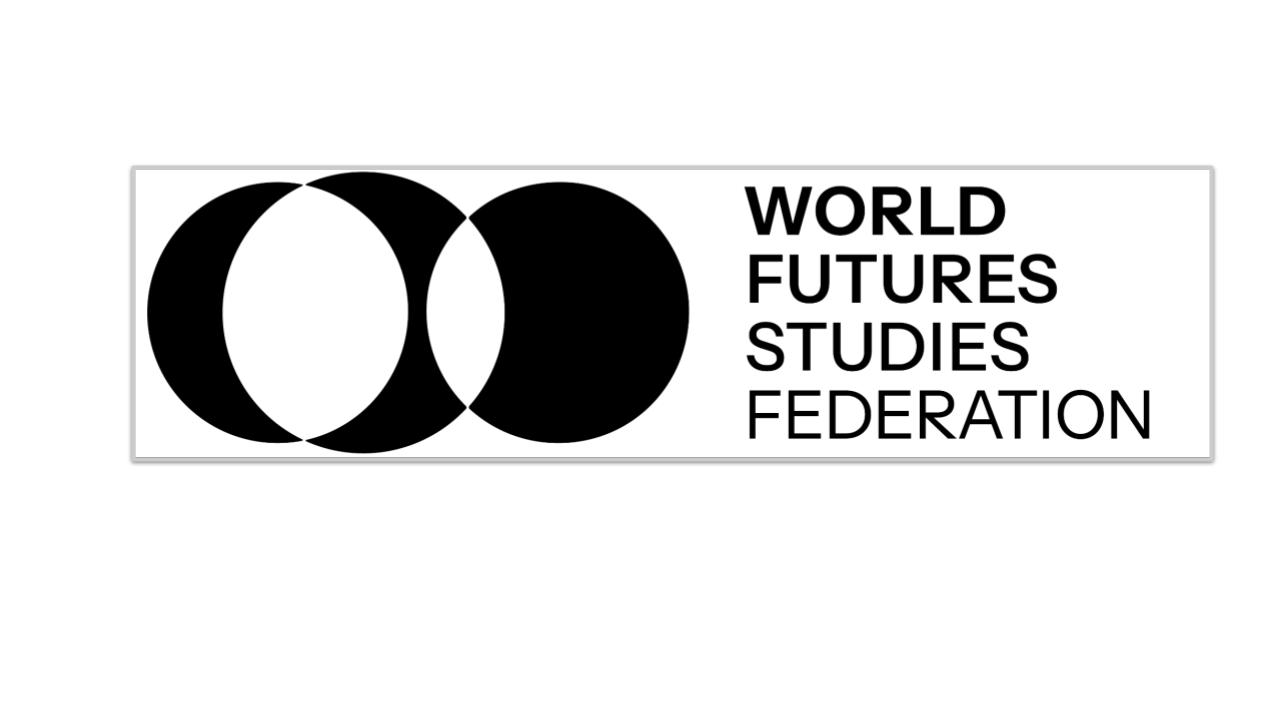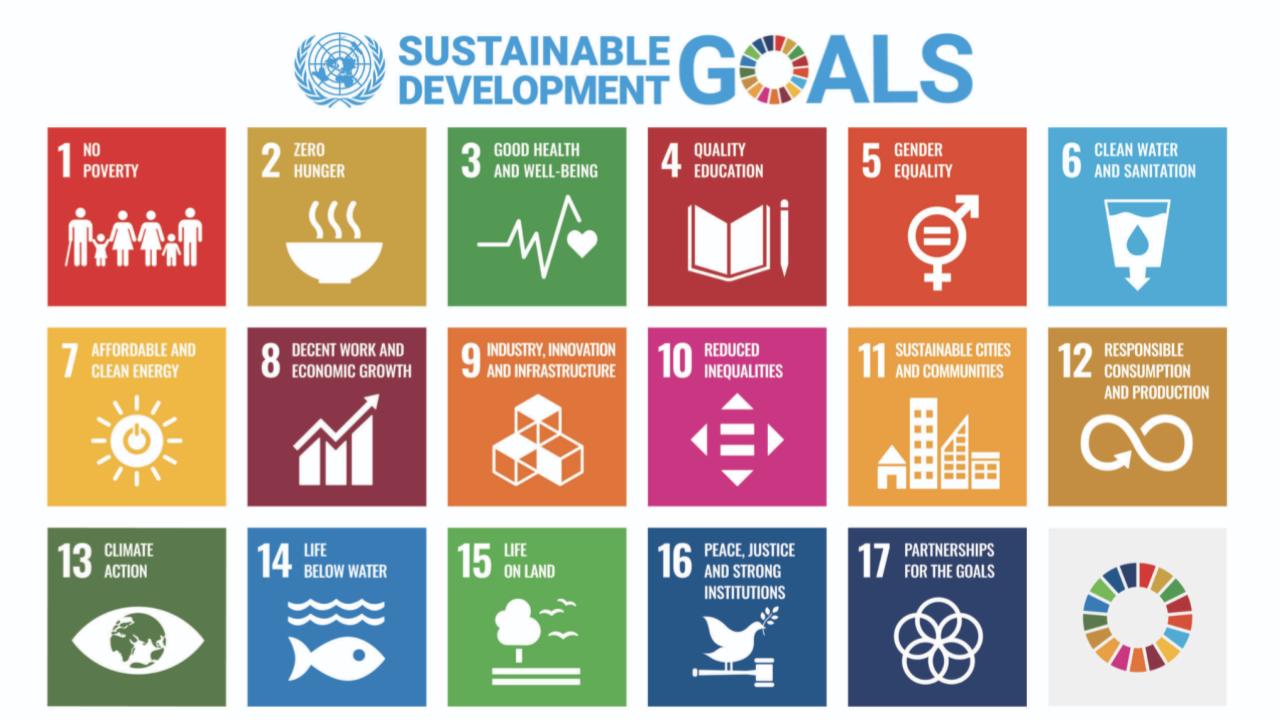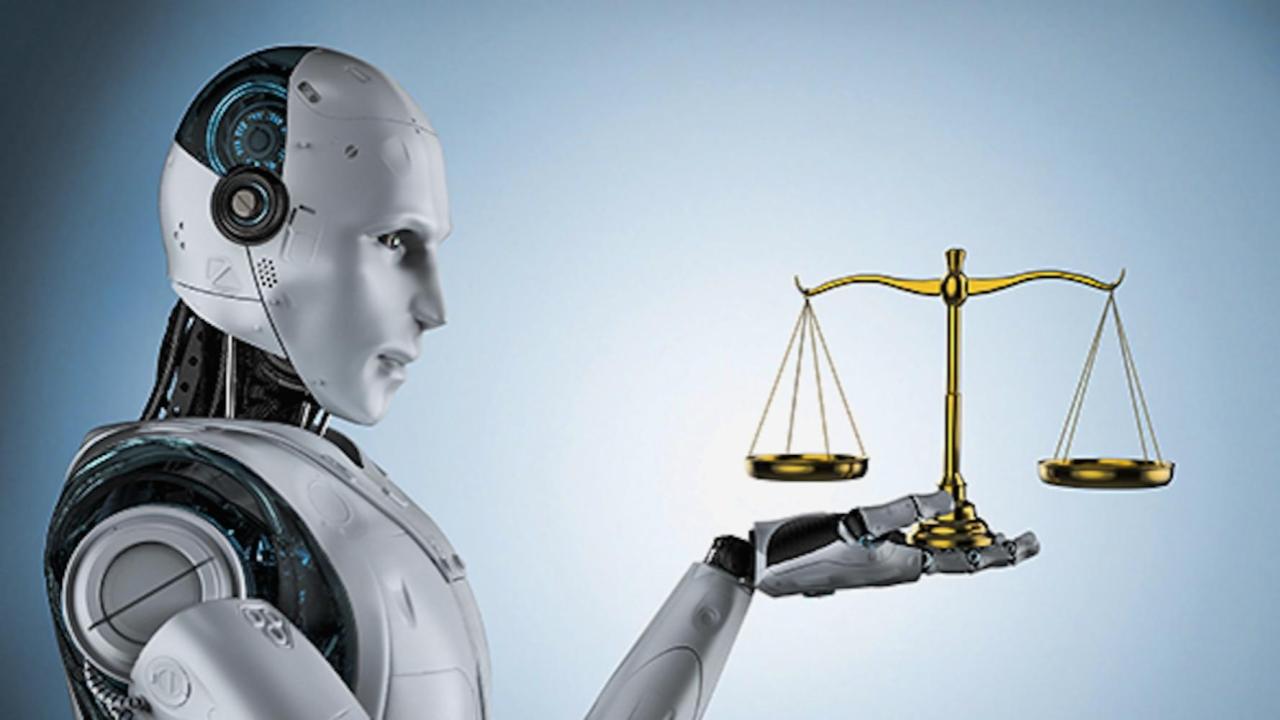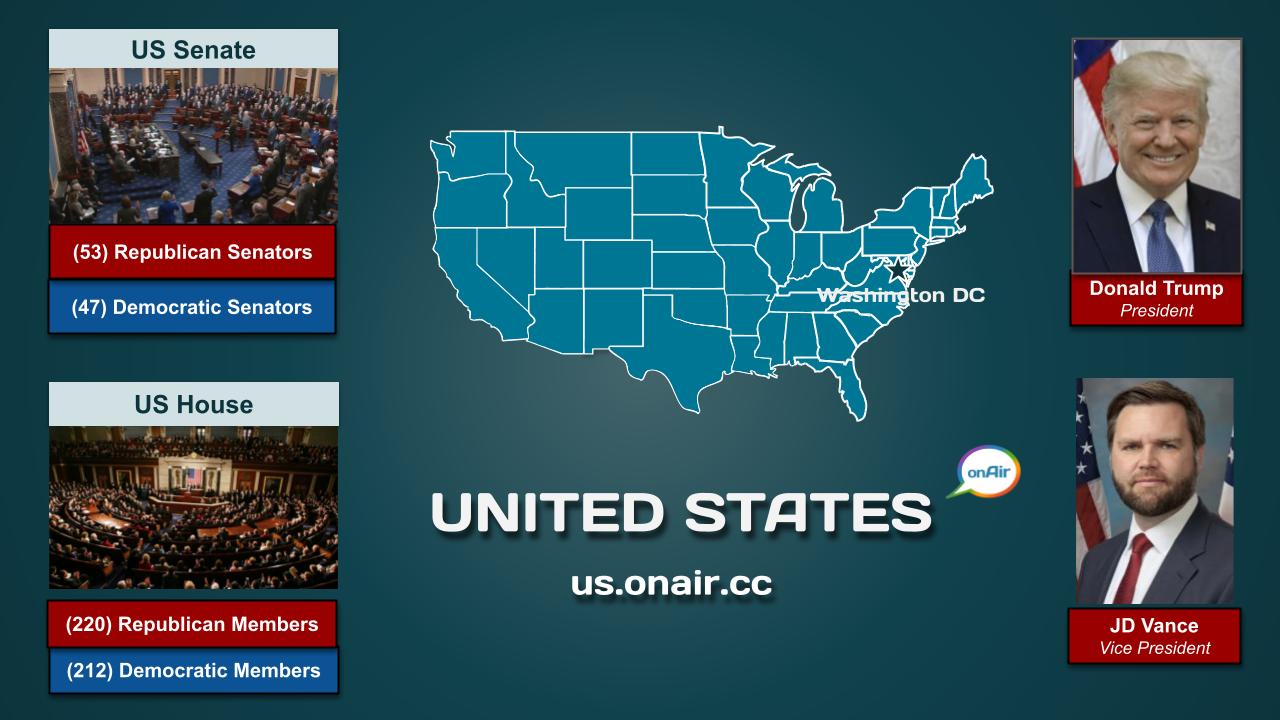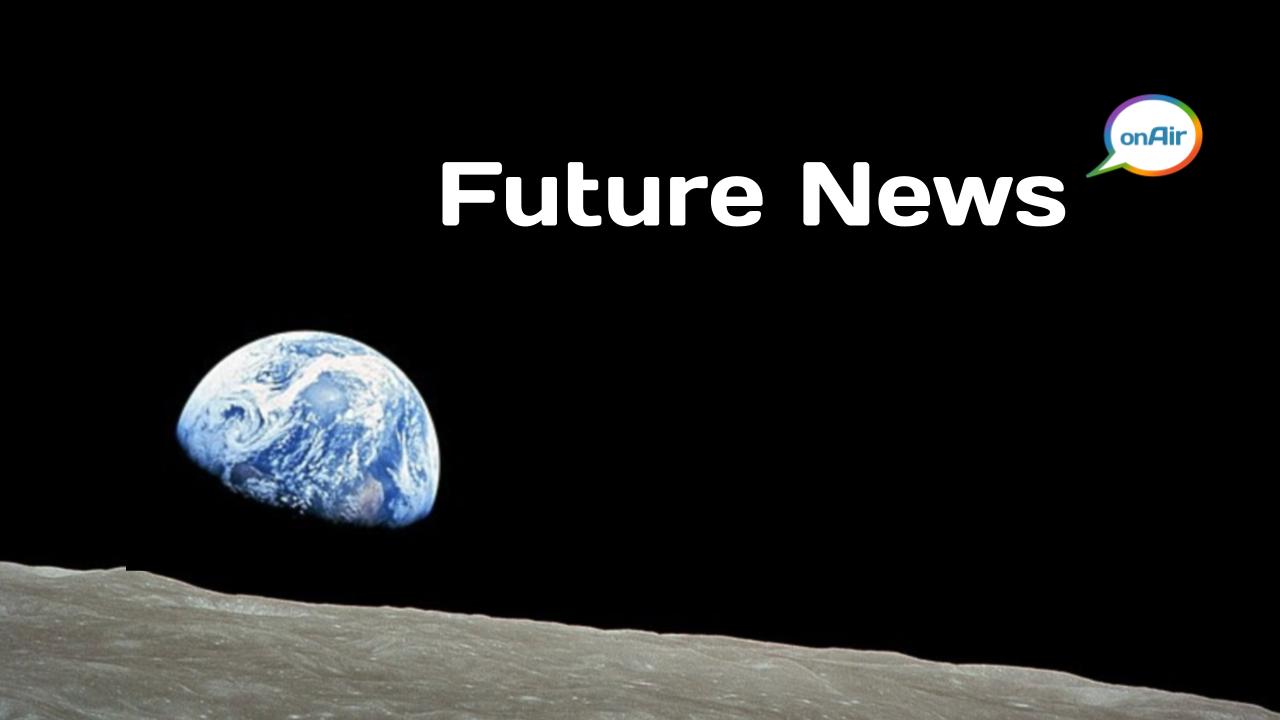The Future onAir Hub facilitates bringing together futurists, organizations, and other people interested in working together to create positive innovations for the future that benefit all humanity… where everyone has the opportunity to succeed and thrive.
This hub focuses on the study of the future and how people and organizations can Learn about and evolve our knowledge about possible future challenges and issues; Discuss and innovative research and solutions; and Co-create with stakeholders to implement solutions.
We organize these challenges around six topics: Nature, Health, Science, Technology, Society, and Nations.
Gerd Leonhard – 23/08/2023 (03:38)
https://www.youtube.com/watch?v=gXTukw_pklg
I believe that the Future is better than we tend think, and that #thegoodfuture is perfectly achievable – we ‘just’ need to design it more wisely, and rapidly boost global collaboration. The future is created by optimists – and we should be optimistic not because we have less problems or challenges but because we have more capacity to solve them (hat-tip to @KevinKelly #protopia).
Currently, the future has a terrible reputation – 70% of GenY polled in Europe, believes that their future is dim. There are many reasons for this, including, of course, the pandemic, the Russia/Ukraine war, the rapidly accelerating #climateemergency and the widespread fear of #artificialintelligence and automation. It all seems justified, but then again, we need to consider the fact that almost all major motion pictures released recently are dystopian (and usually end very badly for us humans). Social media amplifies negative news 6–8 times as much as other news. The story of the future must be re-written, and The Good Future must become part of what I call our #futuremindset.
0:00 – Intro
0:50 – Rebranding the future: It could be heaven, or it could be hell
1:21 – I’d like to do a campaign that says, “I love the future”
1:42 – Barbara Hubbard said, “Your mindset contains your future”
2:58 – We need to come together to create a good future
